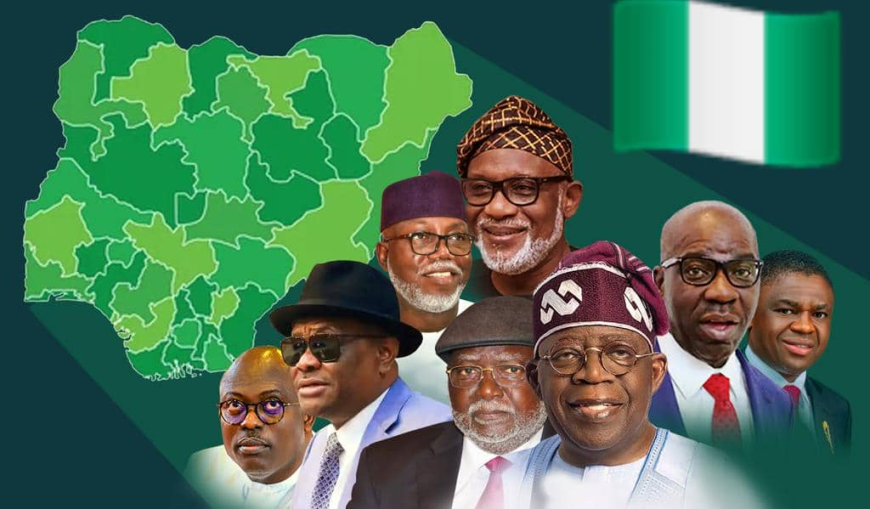Political Trends Shaping Nigeria Right Now 🇳🇬
Nigeria’s political scene is heating up as the 2027 elections approach. Opposition leaders are forming coalitions to challenge the ruling APC, while citizens push back against economic hardship, rising insecurity, and governance concerns. Federal–state tensions and international security support further shape the landscape, making politics in Nigeria more intense and unpredictable than ever

Nigeria’s political landscape is heating up as the nation inches closer to the 2027 general elections. From coalition talks to economic policy debates, insecurity challenges, and governance concerns, several issues are shaping public discourse and dominating both traditional and social media.
1. Opposition Coalitions Ahead of 2027
The biggest story in Nigeria’s political space is the formation of new opposition alliances. Figures like Atiku Abubakar and Peter Obi are reportedly in talks with other leaders to create a united front against the ruling APC. The opposition fears that Nigeria’s democracy is being weakened through state capture and is hoping a coalition can tilt the balance in 2027.
2. Economic Policies Under Fire
Nigerians are feeling the pinch of inflation, subsidy removals, and higher tariffs. The government recently postponed a controversial tax law, including a 5% fuel surcharge, until 2026 acknowledging public concern about worsening living costs. Still, frustration is high, and many are questioning the ruling party’s economic strategy.
3. Rising Insecurity
Security remains one of the country’s biggest challenges. From banditry in the North to militant activity and kidnappings in other regions, citizens are demanding stronger action. Opposition figures like Peter Obi have called for a “national war” against insecurity, highlighting how safety is now a key political battleground.
4. Federal vs. State Tensions
Nigeria’s federal system is again showing signs of strain. Disagreements between the federal government and state governors over security measures, pipeline vandalism, and emergency declarations are creating political flashpoints. States are becoming mini power centers where party factional battles are also intensifying.
5. Governance and Democracy Concerns
Civil society groups and opposition voices are raising alarms about shrinking democratic space. Allegations of state resources being used to tilt competition in favor of the ruling party are common. Protests and strikes add to the pressure, as more Nigerians demand transparency and fairness in governance.
6. International Relations and Security Support
Nigeria’s internal security issues are spilling into its foreign policy. The U.S. recently approved arms sales to Nigeria to help combat terrorism and insurgency. This reflects how domestic insecurity is shaping Nigeria’s diplomatic priorities on the global stage.
Final Thoughts
Nigeria’s political climate is charged, with a blend of economic hardship, insecurity, and coalition politics setting the stage for heated battles ahead of 2027. Whether the opposition can unite effectively—or whether the ruling party can maintain dominance—remains the big question. What’s clear, however, is that citizens are more engaged than ever, and the demand for accountability is rising.


















